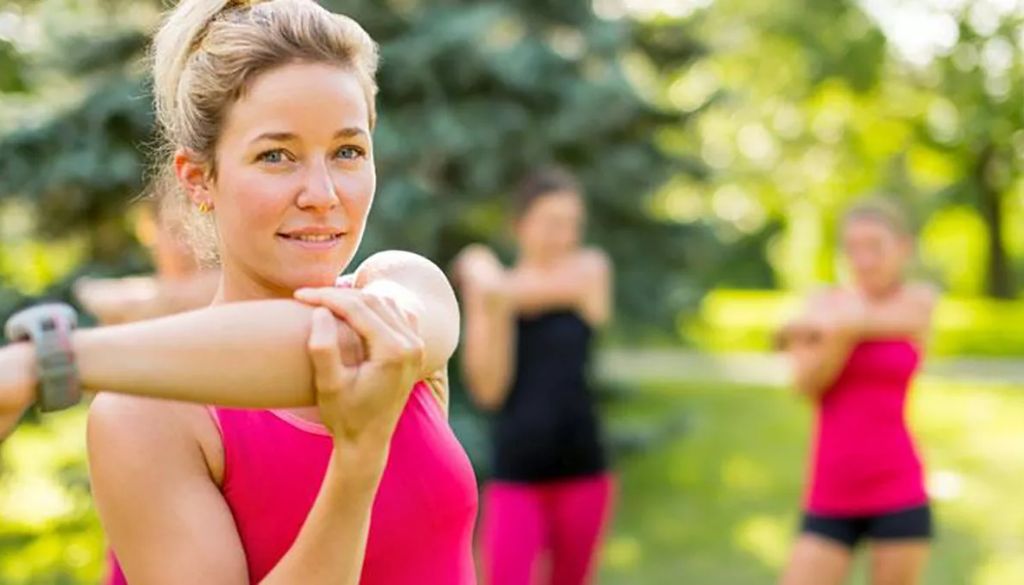
Introduction
Human beings require exposure to the outdoors for both physical and mental well-being. Often, we overlook this necessity as we spend countless hours confined indoors, whether at work, at home, in front of screens, or engrossed in various digital devices. Emerging research in the field of chronobiology supports the notion that our internal clocks need to synchronize with external cues, particularly sunlight. Doctors Eduard and Carla Estivill emphasize this in their work “The Tokei Method,” highlighting how our biological rhythms are influenced by the cyclical patterns of sunlight and moonlight, affecting our periods of wakefulness and sleep.
Alignment with Longevity
The habits of the world’s longest-living populations often align with these natural cycles. In the Japanese village of Ogimi, renowned for its high number of centenarians per capita, residents typically rise with the sun, retire at dusk, and spend ample time outdoors during the day.
Optimizing Energy with Sunlight Exposure
Exposure to sunlight, with its varying qualities at sunrise and sunset, plays a crucial role in optimizing our energy levels. Morning light stimulates wakefulness by triggering the release of cortisol, while evening light encourages the production of melatonin, promoting restful sleep. Throughout human history, spending time outdoors has been the norm, with over 99% of our evolutionary journey characterized by outdoor living. Engaging in outdoor physical activities further amplifies these benefits.
Outdoor Exercise and its Multifaceted Benefits
While indoor gym facilities and home workouts offer convenience, the combination of exercise and outdoor exposure is unparalleled. Beyond aligning internal clocks, outdoor exercise enhances oxygen intake, especially when conducted in natural settings like parks. Researcher Javier Alonso Álvarez, an expert in exercise science and health, underscores how outdoor activities can address widespread vitamin D deficiency, crucial for mood regulation and bone health among other benefits.
Seasonal Considerations and Outdoor Activity
During warmer months, even brief periods of outdoor activity suffice to fulfill vitamin D requirements. Outdoor exercise during cooler months not only burns calories but also prompts additional calorie expenditure as the body works to maintain warmth. Moreover, taking exercise outdoors reduces the tendency to compare oneself unfavorably to more seasoned athletes, thus mitigating potential frustration.
Cognitive Benefits of Outdoor Exercise
Aside from physical toning and the release of feel-good hormones, aerobic outdoor activities effectively curb mental wandering. The rhythmic and constant movement of muscles, coupled with increased oxygen consumption, redirects focus entirely to the exercise at hand, eliminating irrelevant thoughts. This cognitive engagement may explain the popularity of activities like running, beyond their biochemical rewards.
Inspirational Stories of Outdoor Exercise
Numerous individuals, from acclaimed author Haruki Murakami to actor Dani Rovira and presenter Anne Igartiburu, attest to the transformative power of outdoor exercise in their lives. For Rovira, recovering from cancer was facilitated by outdoor running, while Igartiburu maintains a consistent outdoor exercise regimen amidst her busy professional life.
Encouraging Daily Outdoor Activity
Engaging in outdoor physical activity need not involve extreme feats; even a daily walk can contribute significantly to one’s overall well-being. By prioritizing movement outdoors, whether through recreational activities or daily commutes, individuals invest in nurturing and strengthening their primary vessel for life—their bodies.
Conclusion
In conclusion, the symbiotic relationship between outdoor activity and human health is undeniable. From aligning biological rhythms to enhancing mood and cognitive function, the benefits of spending time outdoors and engaging in physical exercise are vast and multifaceted. By embracing outdoor activities as an integral part of daily life, individuals can foster resilience, vitality, and overall well-being.
